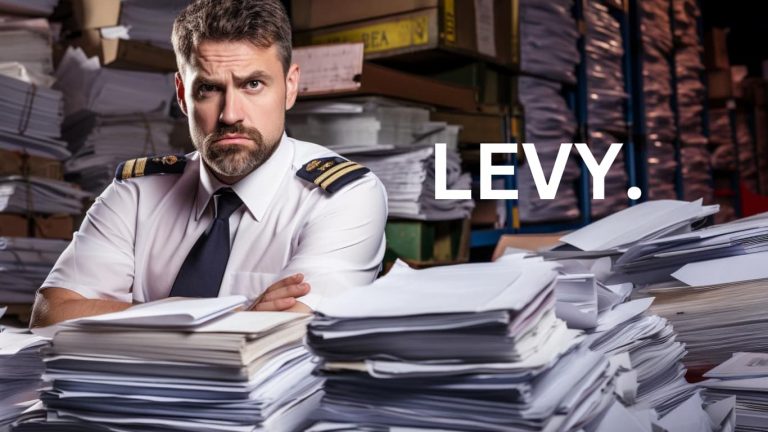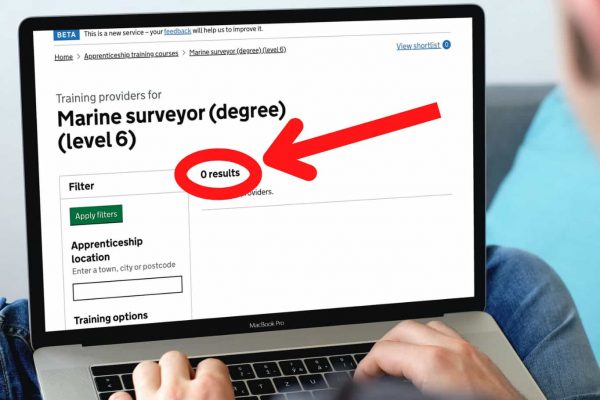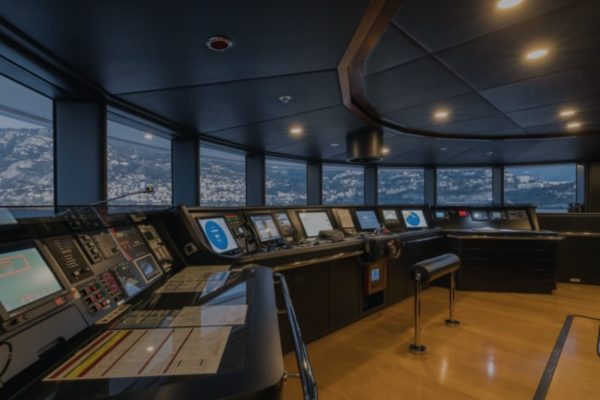In 2017, the UK government introduced the Apprenticeship Levy to invigorate the apprenticeship system by mandating large employers to invest in apprenticeships. Despite its potential, sectors like maritime have seen significant sums earmarked for training revert to the government, signalling a pressing need to reevaluate levy utilisation.
The Apprenticeship Levy in Maritime Context
The levy’s promise for maritime training has been met with enthusiasm and challenges. Much like many other sectors, maritime jobs often require a unique blend of hands-on experience and theoretical knowledge, perfectly suited for apprenticeship models.
The levy was designed as a catalyst for growth and skill development, critical for the UK’s maritime sector, which is foundational to the nation’s economy. However, the unique challenges and opportunities within the maritime mean the sector’s engagement with the levy is complex. The industry’s vast range of roles, from engineering to navigation, demands a bespoke approach to apprenticeship frameworks.
The levy has its critics. In March 2021, CIPD published a press release titled “Apprenticeship Levy has failed on every measure and will undermine investment in skills and economic recovery without significant reform, says CIPD”. In February 2023 Logistic UK published a press release titled “Review of the Apprenticeship Levy still vital, says Logistics UK”. In which Jonas Keat, Policy Advisor at Logistics UK, commented: “The current Apprenticeship Levy does not work for any sectors.
Current Utilisation and Challenges
Despite the levy’s potential to revolutionise maritime training, uptake could be faster. Issues range from bureaucratic obstacles to a need for more awareness among potential beneficiaries. Issues such as a lack of tailored apprenticeship standards and the perceived complexity of accessing levy funds have been significant barriers. Moreover, the maritime sector’s specific needs often require more flexible training solutions than those the current levy system readily supports.
Successful Integration and Case Studies
There are, however, success stories within the maritime sector that highlight the levy’s potential benefits. Companies that have effectively utilised levy funds have seen improvements in workforce skill levels and employee retention. These successes underscore the importance of industry-specific apprenticeship standards and the need for clear guidance on leveraging levy funds for maritime training.
Maritime UK highlights the natural fit of apprenticeships in the maritime sector due to the combination of practical learning and theoretical study required for many jobs within the industry.
From port management to cruise ship catering, and from marine engineering to naval architecture, the maritime sector offers a broad spectrum of apprenticeship opportunities that serve as a foundation for rewarding careers. The diversity of roles available through apprenticeships in the maritime industry is extensive, including positions on ships, in ports, and within maritime engineering fields, demonstrating the sector’s commitment to nurturing talent through practical experience and formal education
Strategic Recommendations
A multifaceted approach is necessary to unlock the levy’s full maritime potential. Recommendations include the development of more maritime-specific apprenticeship standards, enhanced support and guidance for companies in accessing and using levy funds, and increased flexibility in how levy funds can be used to support a wider range of training and skill development initiatives.
The role of government bodies and industry associations like the Maritime Skills Alliance in supporting the maritime sector’s use of the Apprenticeship Levy cannot be understated. These entities are crucial in advocating for changes that make the levy more accessible and effective for maritime companies and ensuring that training standards meet the evolving needs of the industry.
Looking Ahead
The future of maritime training and apprenticeships is intrinsically linked to the effective utilisation of the Apprenticeship Levy. With technological advancements and changes in global trade patterns, the levy’s flexibility and responsiveness to the sector’s changing needs will be paramount as the industry evolves.
The Apprenticeship Levy holds untapped potential for the maritime sector. The industry can better harness the levy to develop a skilled, dynamic workforce by addressing current challenges and leveraging successful models. This journey requires collaboration, innovation, and a commitment to aligning training opportunities with the sector’s future.
The has ship is far from sailed.




